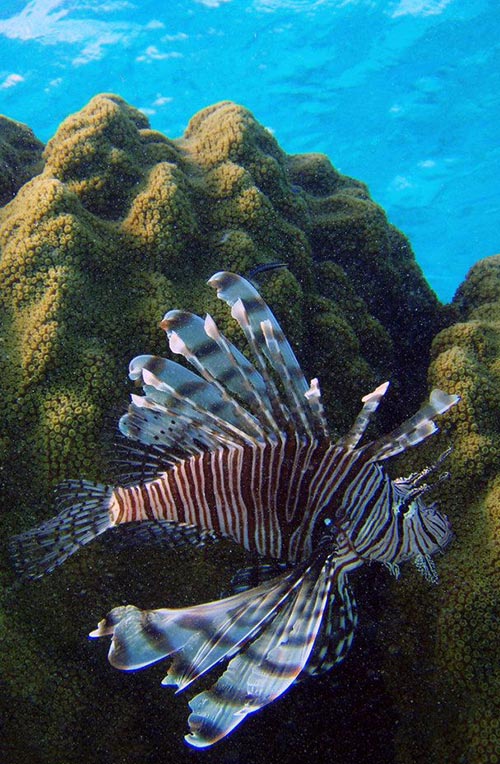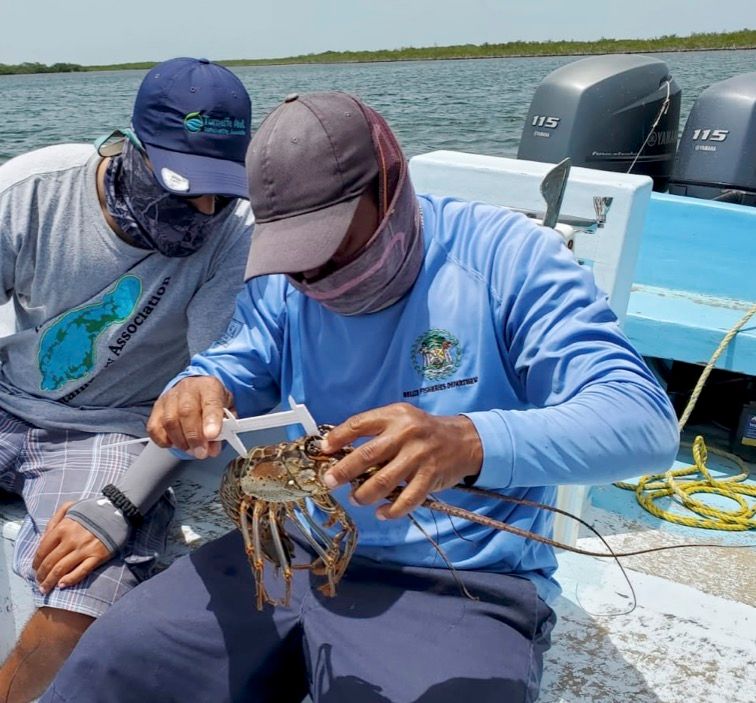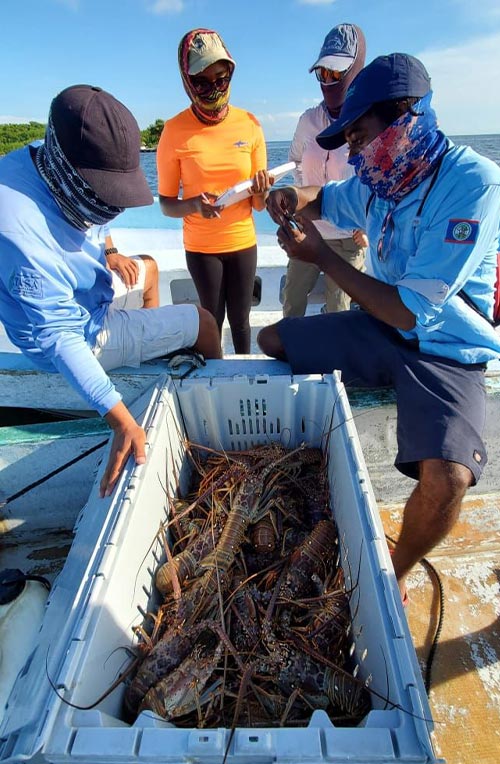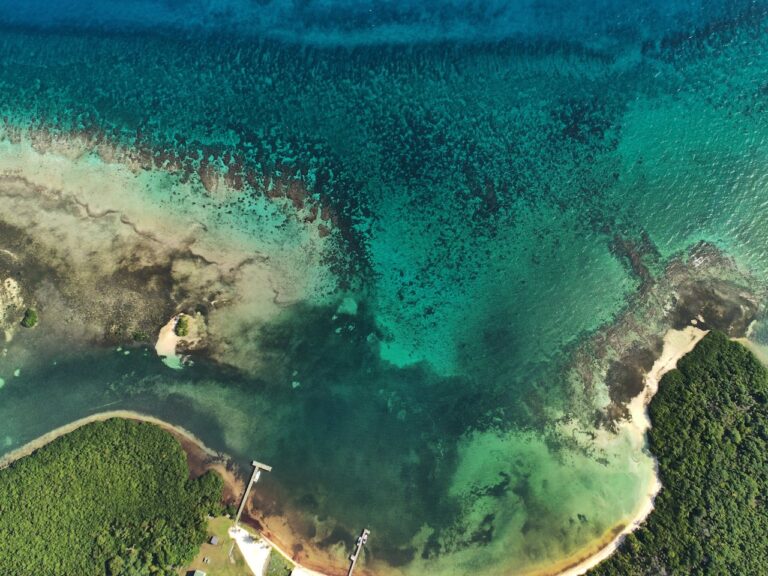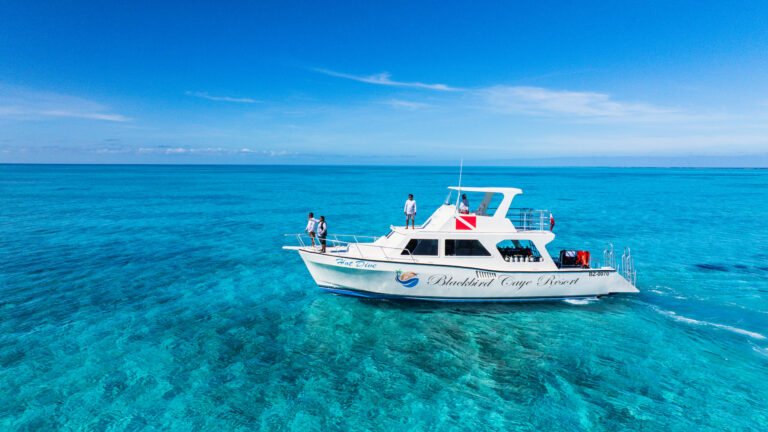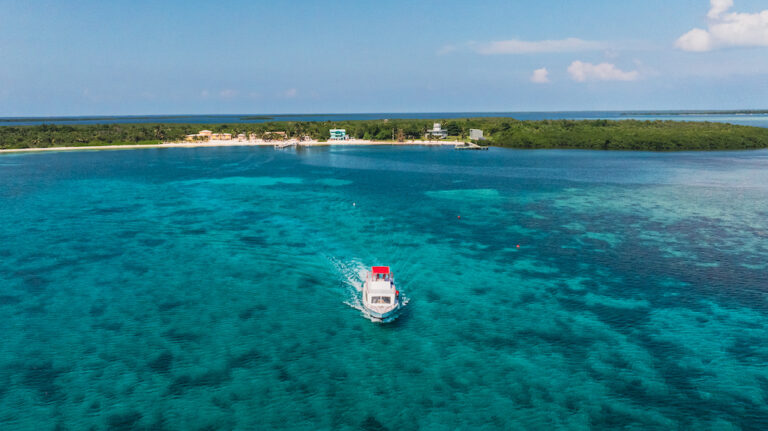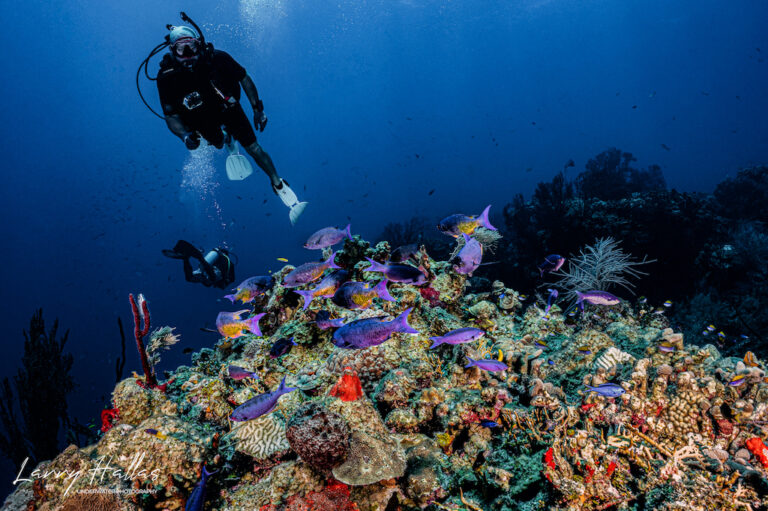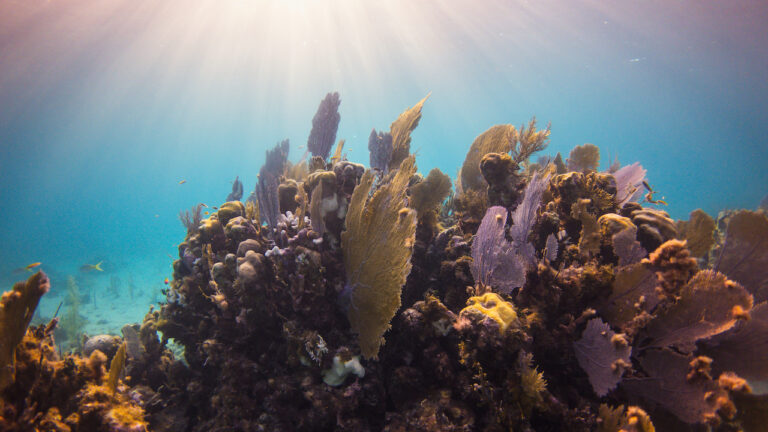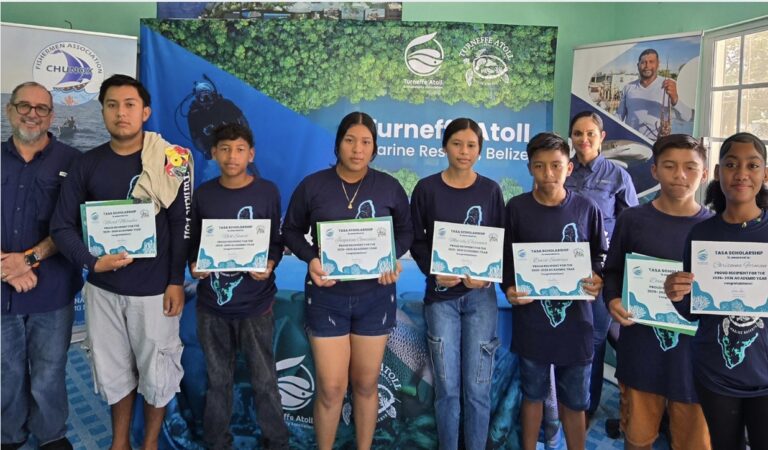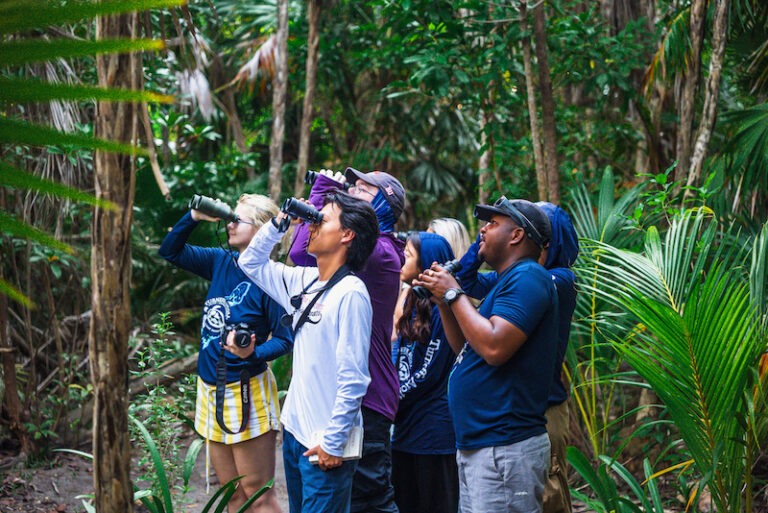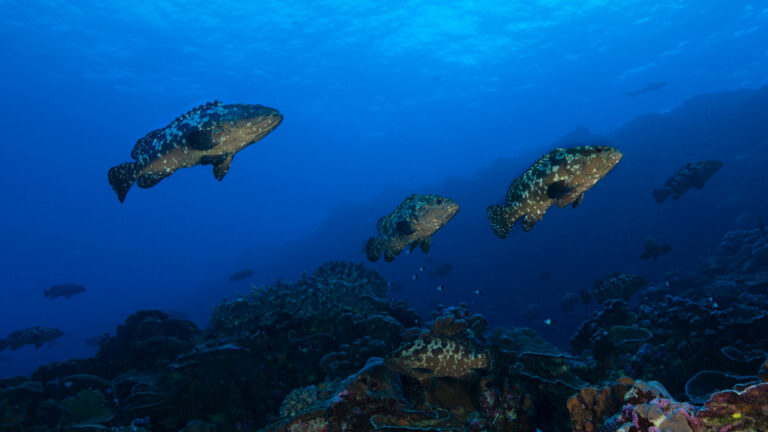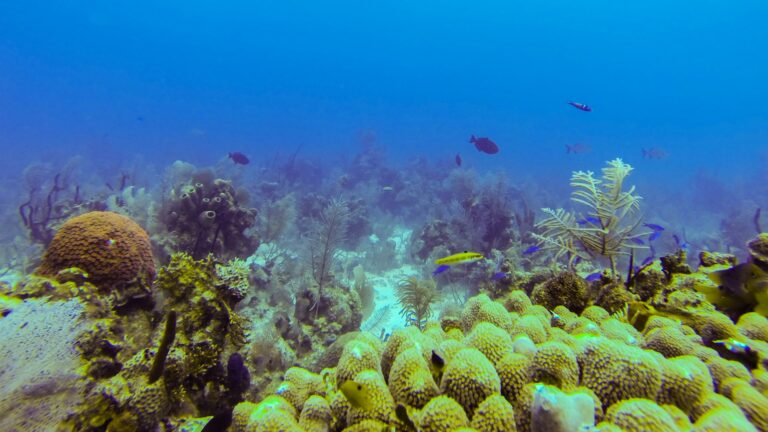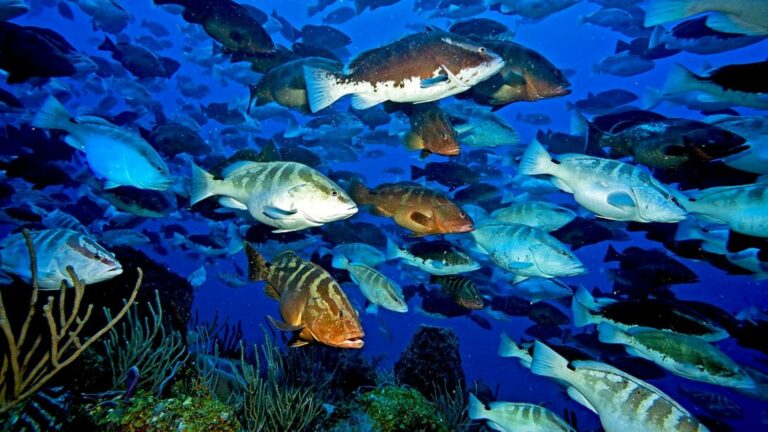We can only save what we can understand, which is why science is so important for corals and reef ecosystems like Turneffe Atoll in Belize.
Successful conservation begins with science
Protecting the marine environment means understanding what changes are happening, and why – and then figuring out ways to repair the damage that humans have caused. With improved knowledge, we can make better decisions about which are the most important areas to protect when it comes to setting up new marine reserves and choosing which species need the most help. Choices like these are always more effective when they’re based on real data, and are more likely to have a lasting, positive impact.
The Importance of Information
The ocean is a very dynamic environment. Currents, temperatures and water chemistry change constantly, and even slight variations can cause a ripple effect. As a result, decisions need to be based on years of study rather than mere snapshots of ocean health. One short-term study is just a drop in the ocean when compared to the information that can be obtained when data is collected over a much longer period of time.
Citizen science
Science is not only for scientists and when you visit Turneffe Atoll, you can participate in citizen science experiences such as helping with nocturnal “eyeshine surveys” to count American saltwater crocodiles (the Atoll is stronghold for this iconic species). You an also assist in the study of how corals are colonising The Wit, a wreck that was sunk to create an artificial reef and dive adventure.
The power of partnership
The Blue finance science and conservation team are in constant collaboration with the Turneffe Atoll Sustainability Association (TASA) on scientific monitoring and conservation projects designed to give us a full understanding of the threats facing Turneffe Atoll, and how we can work together to protect it. TASA scientists have been studying the breeding behaviour of important predatory fish such as the Nassau grouper by monitoring spawning aggregations (or SPAGs). This helps to build up a picture of the health of the reef ecosystem, as these fish return to the same sites each year to spawn.
We’ve aligned our approach with studies being conducted by other scientists across the entire Mesoamerican Reef. Methods like visual censuses involve counting individual fish and give us insights into how we can ensure the sustainable management of fisheries.
Understanding the threat from lionfish
Another of our joint projects with TASA involves understanding the threat from lionfish, an invasive species that has been introduced to the waters around Turneffe Atoll. They have no natural predators, which means that their population can quickly get out of control.
By tracking their distribution, sizes and population, we can come up with a better plan for controlling their numbers on Turneffe. Divers equipped with spearguns eliminate lionfish at the same time as recording details about each one they find.
By basing direct action on data in this way, we can help to preserve the vital ecosystems of Turneffe Atoll for future generations.
Encouraging results
Reef conservation is a long-term process, but – along with our partners – we’re already starting to see encouraging results from our work with partners like MarAlliance, whose most recent survey showed that shark populations are increasing thanks to the stricter protections now in place at Turneffe Atoll.
Science and local communities
Last but not least, we are researching how local communities use Turneffe as well. We recognise that the people who depend on the Atoll for their livelihoods are a vital part of the solution, so we conduct surveys to understand their needs and challenges.
By conducting these monitoring and research programs, we can quantify the success of our conservation measures in our MPA, ensure healthy ecosystems and prioritize the management of the species we study. This will contribute to the long-term viability of Turneffe Atoll as a resource for people and marine life.

